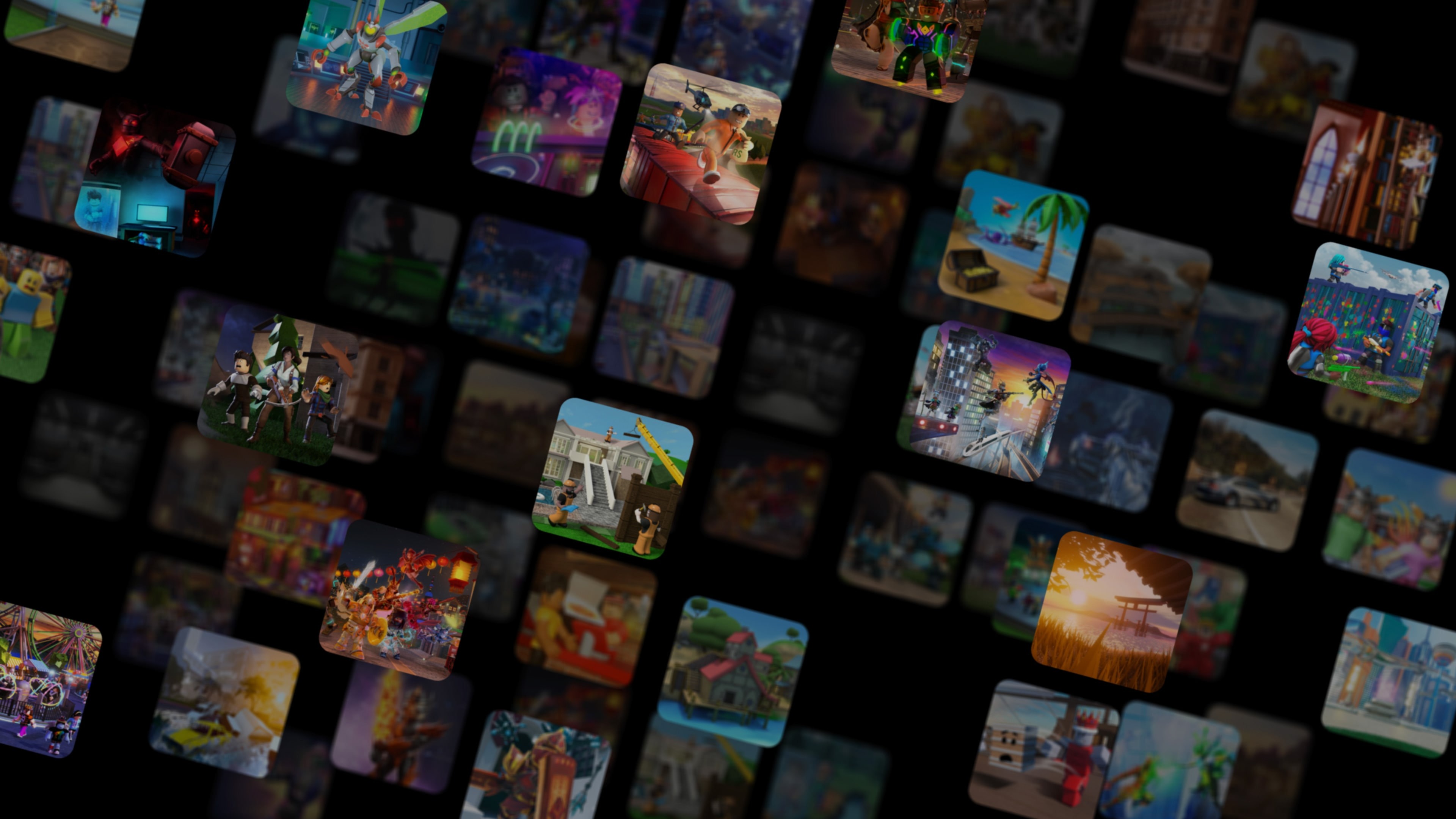Roblox 'Steal A Brainrot' Sues Fortnite 'Copycat' - UGC Lawsuit

In a significant legal development for the world of user-generated content (UGC), the creative studio behind the viral Roblox hit Steal A Brainrot has filed a lawsuit against the creator of a strikingly similar map in Fortnite Creative, titled Stealing Brainrots. The suit alleges that the Fortnite map is a direct copy, lifting core assets and design elements from the original Roblox experience.
This case highlights the increasingly complex and high-stakes environment of digital creation, where popular ideas on one platform can be rapidly replicated on another, often blurring the lines between inspiration and outright infringement.
The Core of the Accusation
The lawsuit was initiated by DoBig Studios, the developer and owner of Steal A Brainrot, a Roblox game that has exploded in popularity due to its chaotic, meme-fueled gameplay. The legal filing specifically targets "VastHorizon," the creator of the Fortnite Creative map Stealing Brainrots.
According to the complaint, the Fortnite map was not merely inspired by the Roblox original but was a deliberate effort to duplicate it. DoBig Studios claims that the Fortnite version copied substantial creative elements, including:
- Artwork and Visuals: The distinct aesthetic and custom art assets that give Steal A Brainrot its unique identity.
- Game Objects: Specific in-game items and interactive elements central to the gameplay loop.
- Overall Design: The layout, flow, and fundamental structure of the game map and its objectives.
- Key Game Elements: Core mechanics and features that define the player experience.
This legal action moves beyond a simple copyright claim on a name and delves into the very architecture and creative expression of the game itself, setting the stage for a potentially precedent-setting battle over intellectual property rights within UGC platforms.
A Swift Takedown in Fortnite
In the wake of the lawsuit being filed, the Stealing Brainrots map was swiftly removed from Fortnite's discovery playlists. While the exact circumstances of the takedown are not public, it represents a significant early development in the dispute. The removal prevents players from accessing the allegedly infringing content and halts any potential revenue the map's creator might have been earning through Fortnite's creator program.
This action underscores the power that platform holders like Epic Games wield in moderating content, especially when faced with formal legal challenges. It also signals a potential victory for DoBig Studios, as the primary goal of such a lawsuit is often to stop the distribution of the copied work.
What is the Viral Hit 'Steal A Brainrot'?
For those unfamiliar with the Roblox sensation, Steal A Brainrot is a multiplayer game that perfectly captures the internet's chaotic and absurd humor. The term "brainrot" itself is modern slang used to describe low-quality, bizarre, or overly online content that is consumed passively. The game leans into this concept, creating a frenetic and unpredictable environment filled with memes, inside jokes, and nonsensical objectives.
Its popularity stems from this unique, self-aware style, which has resonated deeply with a younger audience active on platforms like TikTok and YouTube. The game's success is a testament to the power of UGC platforms like Roblox to foster viral hits that can rival professionally developed titles in terms of engagement and cultural impact. It is this hard-earned success and unique creative vision that DoBig Studios argues it is protecting through its lawsuit.
Broader Implications for the Creator Economy
This lawsuit is more than a dispute between two creators; it is a critical test case for the entire user-generated content ecosystem. Platforms like Roblox and Fortnite Creative have democratized game development, allowing anyone with an idea to build and publish an experience for millions. However, this "Wild West" of creation has also led to rampant cloning and content theft, with little recourse for original creators.
Successful games are often copied within days, with clones sometimes appearing that are nearly indistinguishable from the original. This lawsuit could change that dynamic. If DoBig Studios is successful, it could:
- Empower Creators: A legal victory would signal to other UGC creators that their work has value and is legally protectable, encouraging them to defend their intellectual property.
- Force Platform Action: It may pressure platforms like Epic Games and Roblox to implement more robust tools for detecting and preventing content cloning, rather than relying on creators to police the ecosystem themselves.
- Establish a Legal Precedent: The case could help define where the line is drawn between inspiration and infringement within the specific context of game mechanics and design on UGC platforms.
As the creator economy continues to mature, legal frameworks must evolve with it. This case represents a pivotal moment, potentially bringing a new level of accountability and professionalism to the vibrant world of user-generated gaming.
Frequently Asked Questions (FAQ)
Q: Who created the Roblox game 'Steal A Brainrot'?
A: The popular Roblox game Steal A Brainrot was created and is owned by a development team known as DoBig Studios.
Q: Why is the 'Steal A Brainrot' developer suing a Fortnite creator?
A: DoBig Studios is suing the creator of a Fortnite Creative map called Stealing Brainrots, alleging that the Fortnite map is a direct copy that infringes on their original work by using the same artwork, game objects, and overall design.
Q: Has the Fortnite map 'Stealing Brainrots' been taken down?
A: Yes, following the filing of the lawsuit, the Stealing Brainrots map was removed from discovery and is no longer accessible to players within Fortnite.